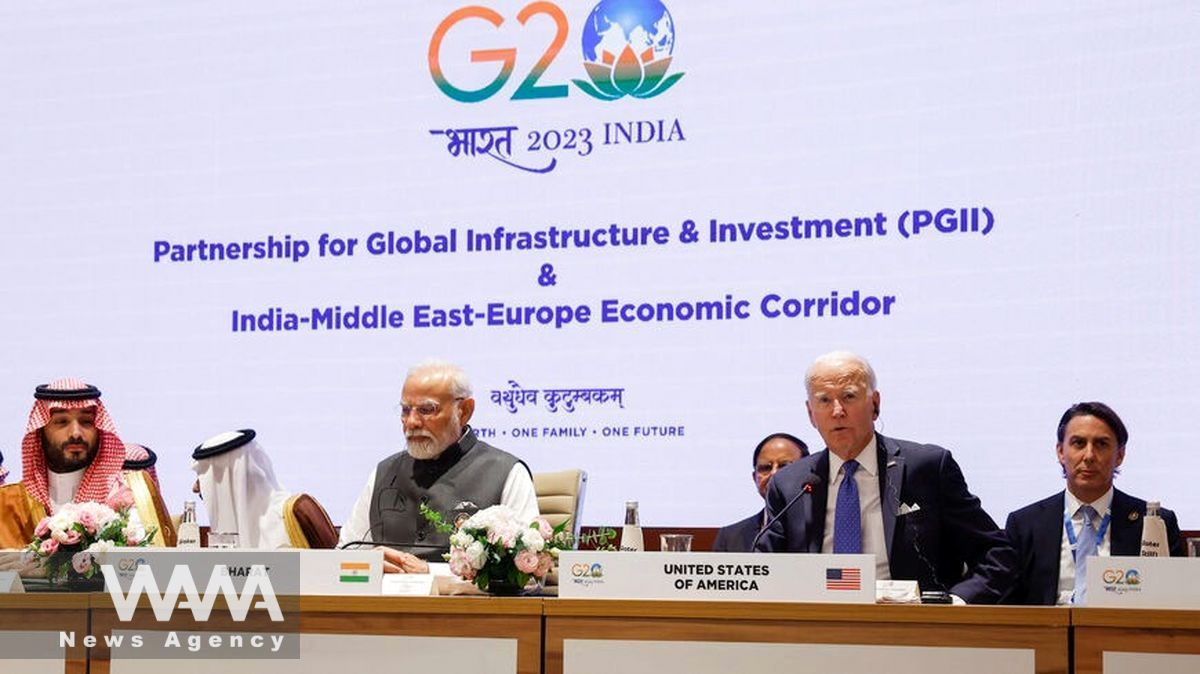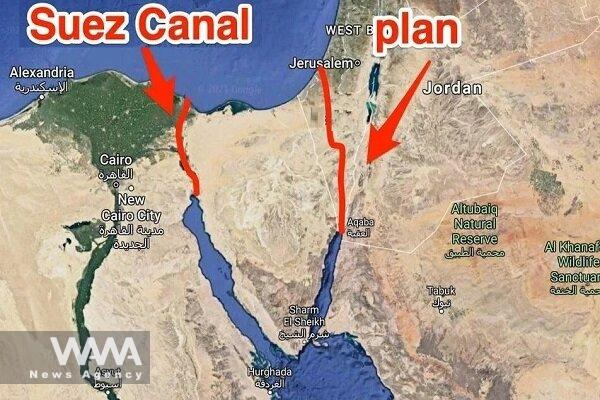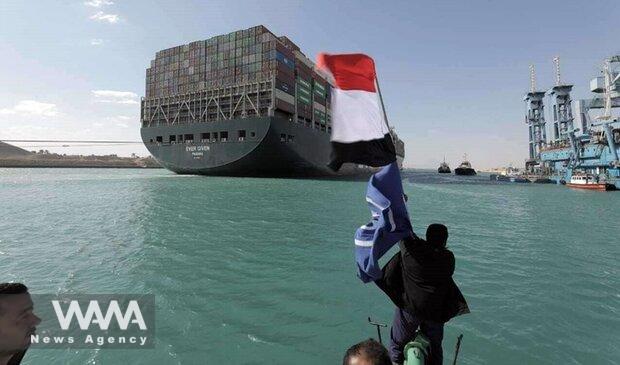The Battle of Corridors: Israel’s Plan to Redefine Regional Order
WANA (Jan 10) – Amid the flames of military conflicts in the Middle East, a deeper and more critical battle is underway—dubbed the “Battle of Corridors.” This struggle between Iran and Israel is not just about trade routes but a fight to shape the geopolitical future of the Middle East.
IMEC: Israel’s Economic Domination Project
The India-Middle East-Europe Corridor (IMEC), supported by the United States with a $500 billion investment, envisions a new trade route from Mumbai to Europe. Passing through the UAE, Saudi Arabia, Jordan, and Israel, it enhances Israel‘s geopolitical role as a trade hub.

Unveiling Ceremony of the IMEC Economic Corridor Project on the Sidelines of the G20 Summit in New Delhi – September 2023 / WANA News Agency
Benjamin Netanyahu, addressing the UN General Assembly with a map in hand, declared:
“Our goal is to turn Israel into an economic bridge between Asia and Europe. This project will change the future of the region.”
A key feature of the project is a 40% reduction in transit time for goods traveling from India to Europe. However, this is just one aspect of IMEC. The route not only bypasses traditional paths like the Strait of Hormuz and the Suez Canal but also sidelines countries like Iran from global trade networks.
The Ben-Gurion Canal: A Threat to Egypt
One of IMEC’s major components is the Ben-Gurion Canal, which Israel proposes as an alternative to the Suez Canal. This canal, connecting the Red Sea to the Mediterranean, threatens Egypt’s primary source of income.

Economic analyst Ali Mervi states: “This canal is a tool to economically marginalize Egypt. Through this project, Israel pushes Egypt to the sidelines of the global economy.”
Reactions: Support or Skepticism?
Regional and international reactions to this project have been mixed. Iran’s Supreme Leader highlighted the underlying goals of IMEC, saying:”The policy of the Americans and their allies is to turn Israel into a gateway for energy exports to the West and the import of goods and technology into the region. This dependency makes the entire region reliant on the Zionist regime.”
Meanwhile, European countries approach IMEC cautiously. While they rely on economic collaboration with the U.S., they are reluctant to sacrifice their trade interests with China.

The Resistance Corridor: Iran’s Answer to IMEC
In response, Iran and its allies have proposed the “Resistance Corridor.” Stretching from Iran through Iraq, Syria, and Lebanon, this initiative aims to free the region’s economy from Western dominance. However, international pressures on Hezbollah and ongoing conflicts in Syria have posed significant challenges to its implementation.
Abdul-Malik al-Houthi, leader of Yemen’s Ansarullah movement, commented: “With U.S. support, the Zionist regime seeks to eliminate Islamic countries from global equations. Even Egypt and Jordan are under threat from this project.”

Iran’s Role in Developing Eastern Route of North-South Corridor
WANA (July 20) – Kazakhstan, Russia, Iran, and Turkmenistan Collaborate on Eastern Route Development. Kazakhstan’s Ministry of Transport announced that Russia, Kazakhstan, Iran, and Turkmenistan have signed a roadmap to simultaneously develop the potential of the eastern route of the International North-South Transport Corridor (INSTC) over the years 2024-2025. According to the report, […]
The Fate of the Corridor Battle
IMEC is not merely an economic project; it is a tool to curb Iran’s geopolitical influence and establish Israel’s dominance over regional trade. On the other hand, the Resistance Corridor, despite its challenges, symbolizes the determination of regional countries to maintain economic independence.
This battle will shape the future of the Middle East. Will the region’s countries succumb to dependency, or will they choose the path of resistance?













